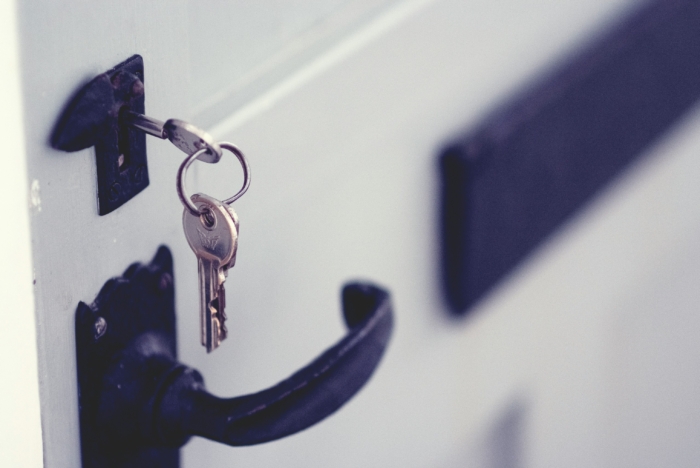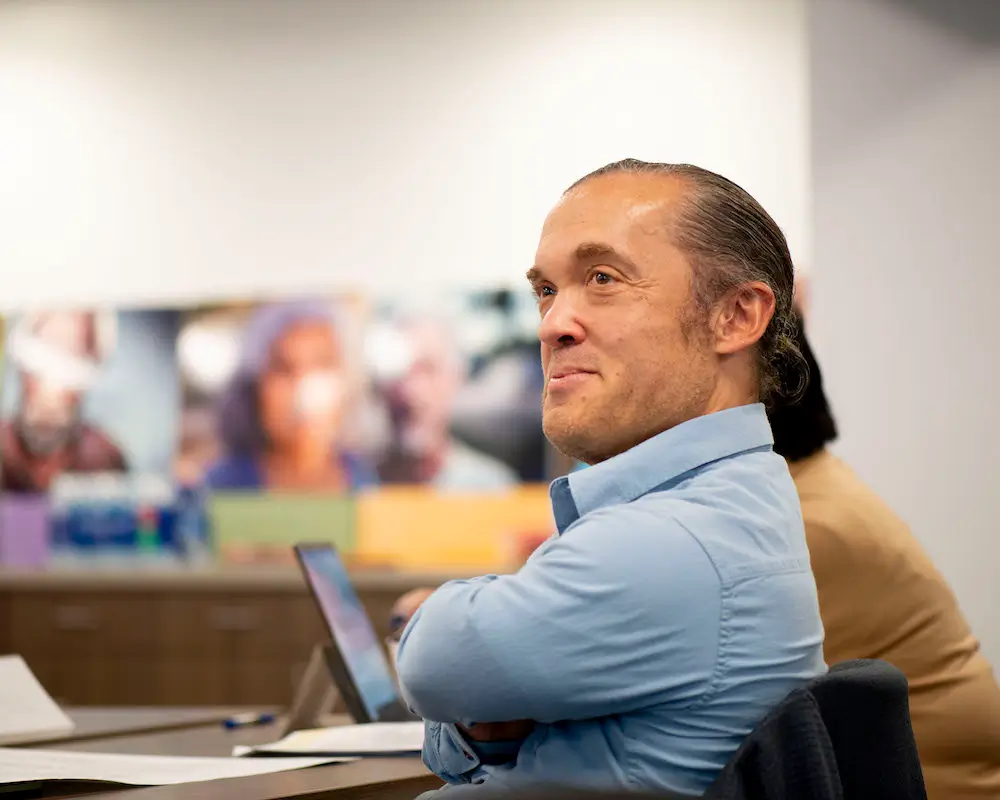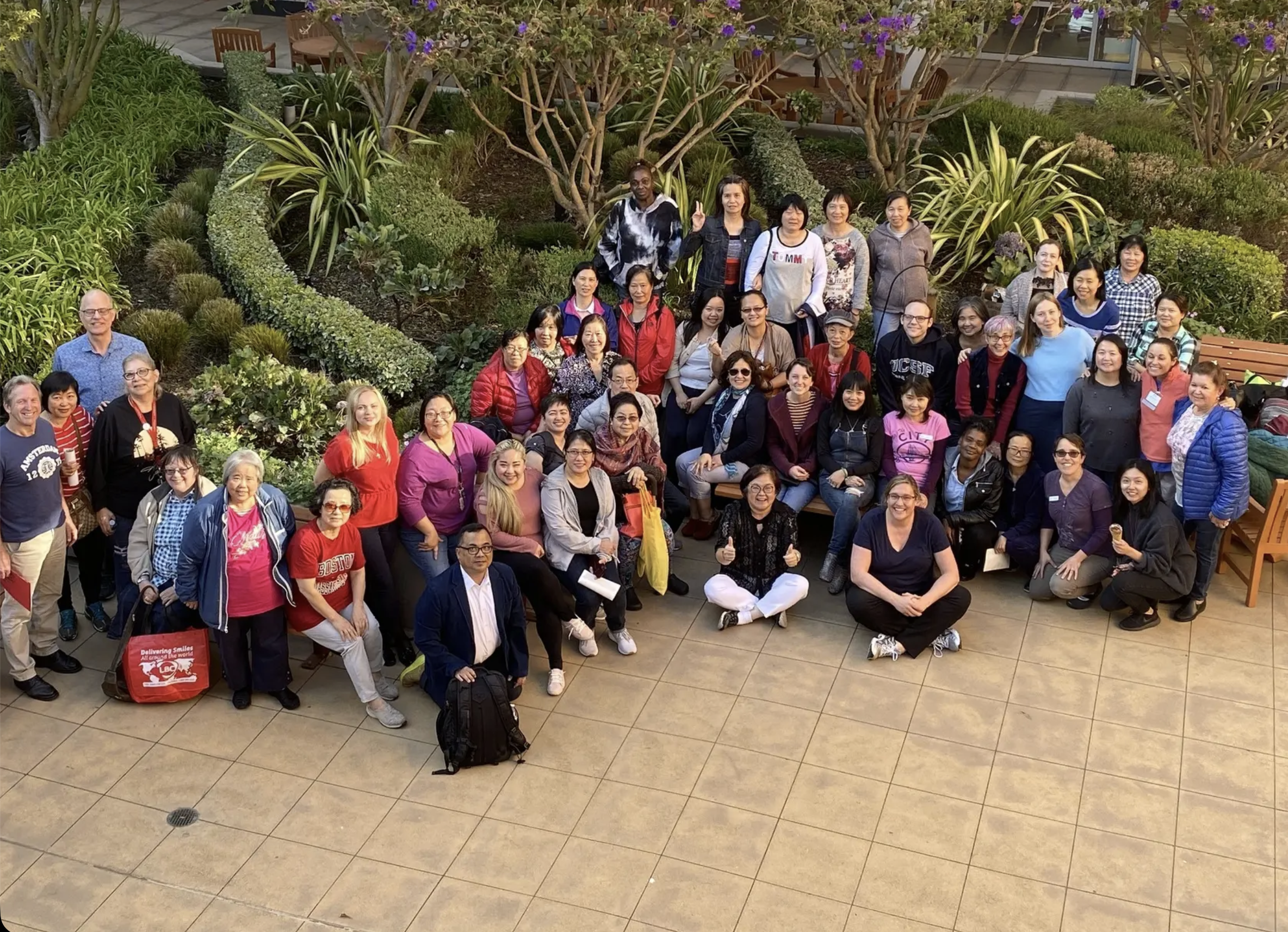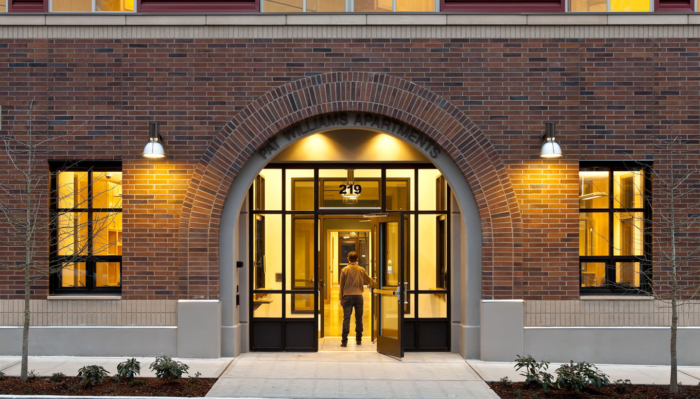
How Two Nonprofits Joined Forces to Design a Future of Partnership and Possibility

As the popular saying goes: You can’t predict the future, but you can create it. And creating the future begins with a consideration of what’s possible.
Scenario thinking is a powerful approach for exploring a range of potential futures in parallel — with each scenario representing one viable future, one set of opportunities and challenges, and one path forward. The scenario thinking process helps leaders remain open to possibilities without prematurely committing to one path. Then, when it’s time to choose action, they can do so with clarity and conviction.
When two Marin County, California non-profits came together to imagine the future possibilities for a jointly owned piece of property and their newly formed partnership for managing it, Collaborative Consulting helped them consider the scenarios and make sound strategic decisions.
The Marin Aging and Disability Institute (MADI) is an aging and disability advocacy and service coordination collective that was created when two leading Marin County nonprofit organizations — Vivalon and Marin Center for Independent Living (Marin CIL) — joined forces to receive a gift of property and assets formerly belonging to another organization. MADI bridges the communities of aging and disability services and advocacy organizations to improve health and human services systems, address service and advocacy gaps, and advance existing programs and initiatives.
- Helped MADI understand the needs of the aging population and people living with disabilities in Marin County to identify their best opportunities for strengthening advocacy and services.
- Used scenario thinking to help the leadership teams consider a range of possible futures.
- Established an overarching mission for MADI, set strategic direction, and helped leadership prioritize key near-term initiatives.
- Explored successful models for other shared-space projects, enabling informed decision-making and a clear plan for developing their new commercial property as a campus to better serve their constituents.
After taking ownership of the new property, MADI partnered with Collaborative Consulting to imagine future possibilities for using the property to best serve the aging and disability communities.
The project aimed to:
- Identify current and emerging opportunities for MADI to be influential in strengthening aging and disability advocacy and service coordination in Marin County.
- Build and vet multiple scenarios to determine the new organization’s long-term vision and mission.
- Develop and implement short-term strategies to help MADI implement its vision and achieve its goals.
We started with an environmental scan to understand unmet challenges, gaps that MADI could help address, and opportunities for strengthening aging and disability advocacy and services in Marin County. This involved interviewing internal and external stakeholders, along with a robust review of demographic and public health research, existing needs assessments, and strategic plans involving older adults and people living with disabilities in Marin County.
Building on this foundation, we examined how other shared-space collaboratives around the United States have co-located or coordinated the services of multiple organizations serving a common community. This allowed MADI’s leadership team to learn from others’ successes, failures, and challenges – and identify potential structures, services, and funding mechanisms for their organization.
We synthesized the themes and insights from the research to create a custom strategic planning and prioritization tool. This tool enabled MADI to identify, categorize, and match unmet challenges in the community with possible solutions, structures, and services. We aligned leaders from the two founding organizations around a shared mission and a near-term strategic direction for the new nonprofit.
From here, we created five designs for the future to showcase alternative possibilities MADI could deploy to connect seniors and people with disabilities with solutions, infrastructure, and services. Each scenario presented the role MADI would fill, the organization’s structure, strategies, potential partners, funding opportunities, and the leadership capacity needed. Finally, we helped the client progress from scenarios into execution. We supported the client team with community engagement and concept testing of scenarios, recruiting and onboarding of initial staff, and outreach to potential funders to raise resources.
We worked with leaders from Vivalon and Marin CIL to formalize MADI’s mission of “bringing aging and disability stakeholders together to advance equity and improve lives through collaboration, advocacy, and innovation.”
We helped MADI establish a strategic direction in support of its mission. Because this work took place at the height of the COVID-19 pandemic when increased demand for services stretched the founding organizations’ existing resources, we helped the team narrow their short-term focus to a few elements of their strategy: partnership opportunities and exploring backbone functions for aging and disability community advocacy groups.
After considering a range of scenarios for their property, MADI landed on a plan to bring together complementary nonprofits and service providers that work with older adults and people living with disabilities. By making a wider range of programs and services available on a single campus, MADI aims to offer more convenience, greater access, and better services for its community.

